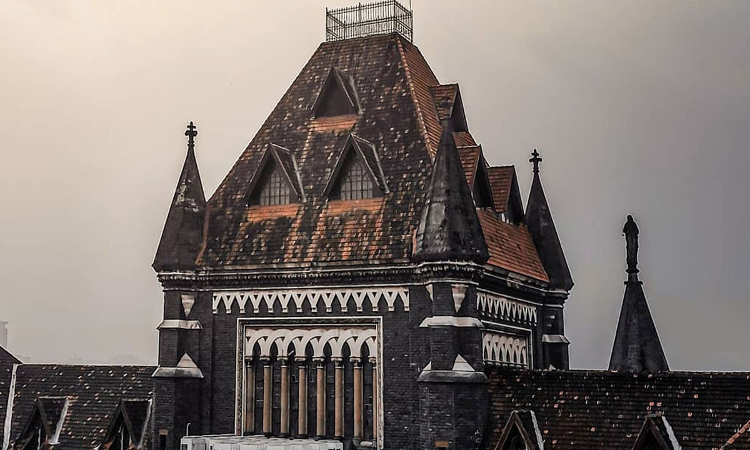Ex-BMC Corporator Moves Bombay High Court Against Ordinance Reducing Number Of Wards
Amisha Shrivastava
15 Nov 2022 10:30 AM IST

Next Story
15 Nov 2022 10:30 AM IST
A former Brihanmumbai Municipal Corporation (BMC) corporator has approached the Bombay High Court challenging an ordinance dated August 8, 2022 that reversed Maha Vikas Aghadi (MVA) government's decision to increase the number of BMC wards and reduced the number of wards back from 236 to 227. The petitioner Raju Pednekar, former corporator of the BMC had approached the Supreme Court...
